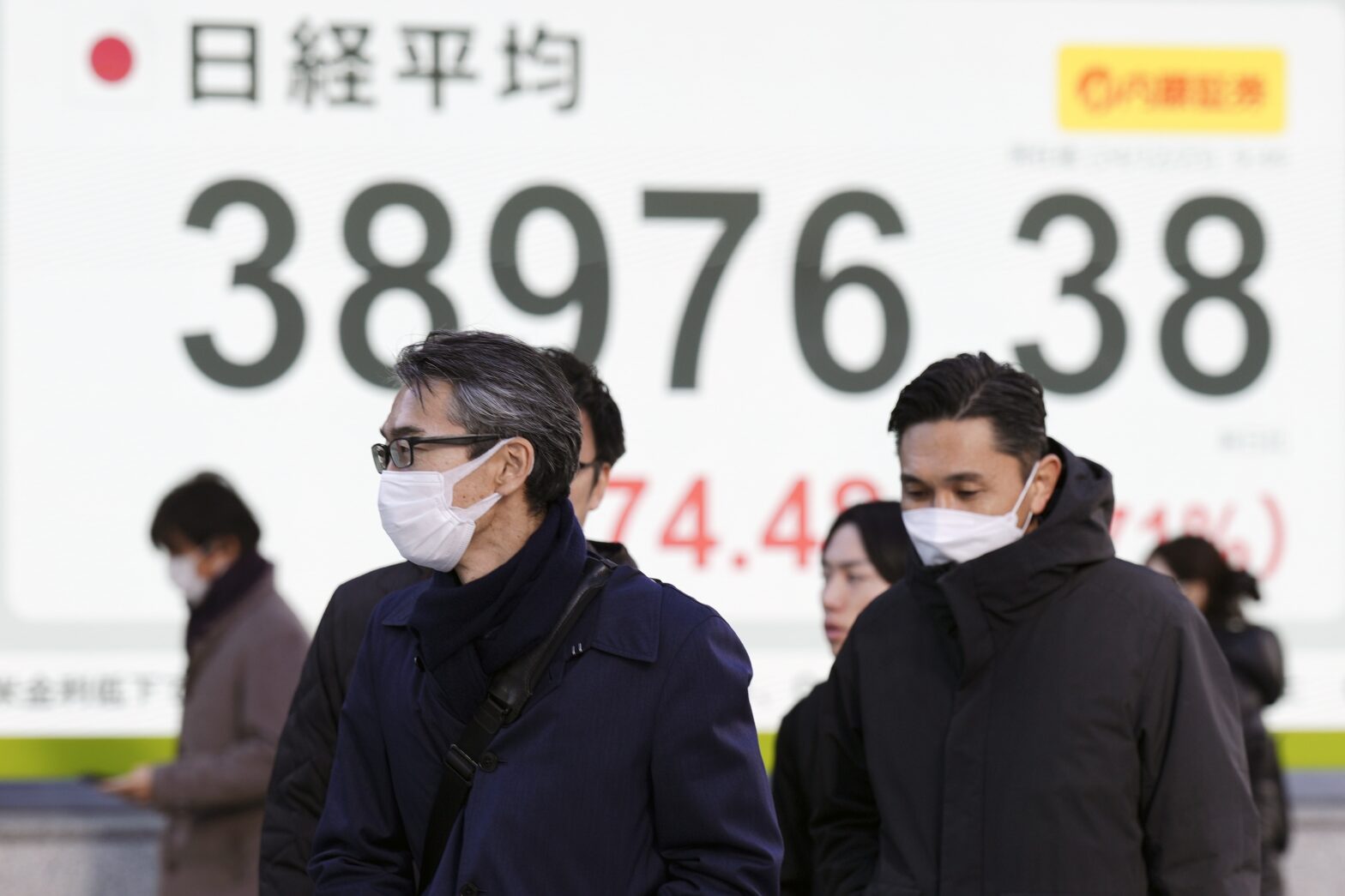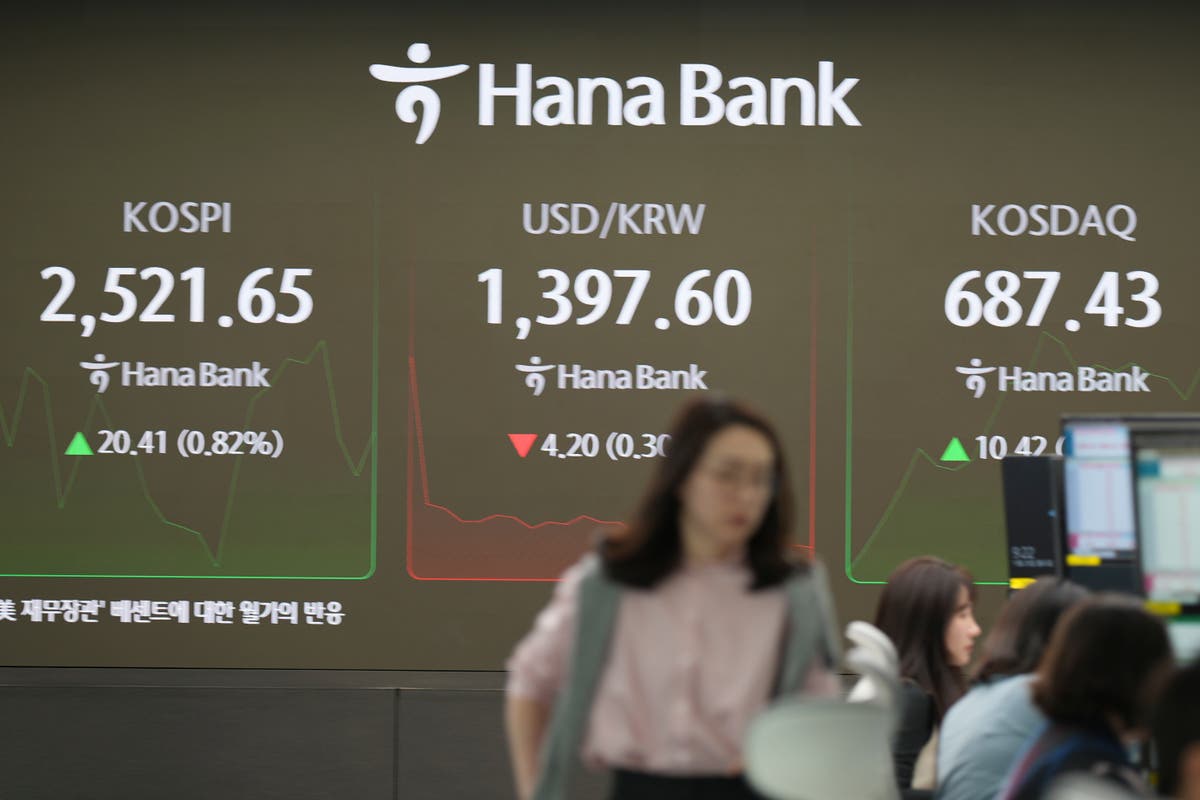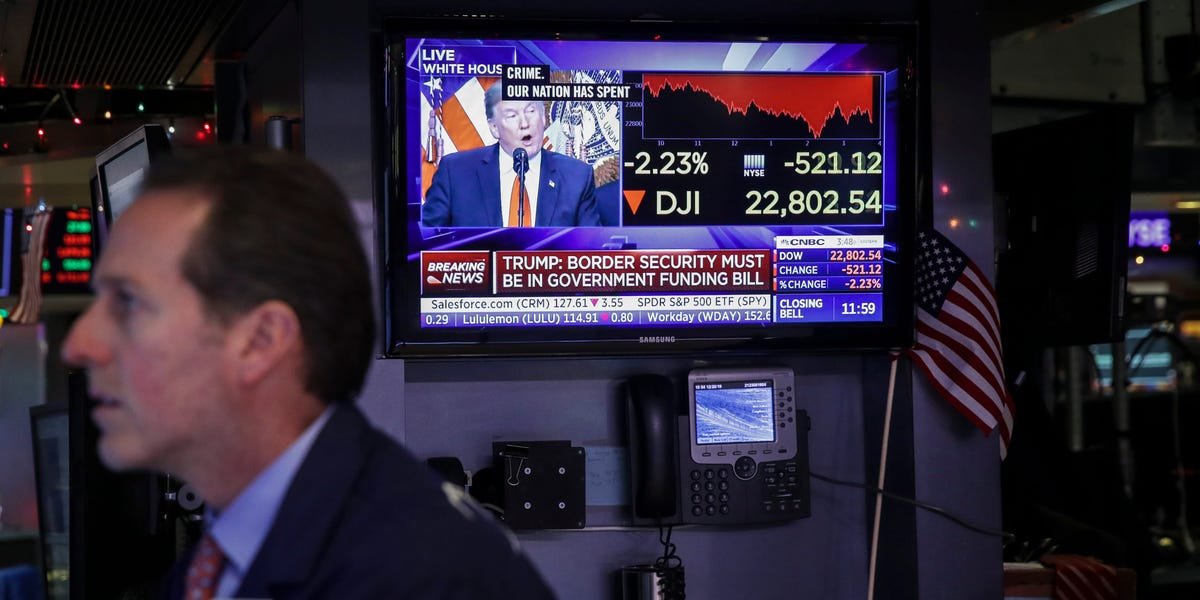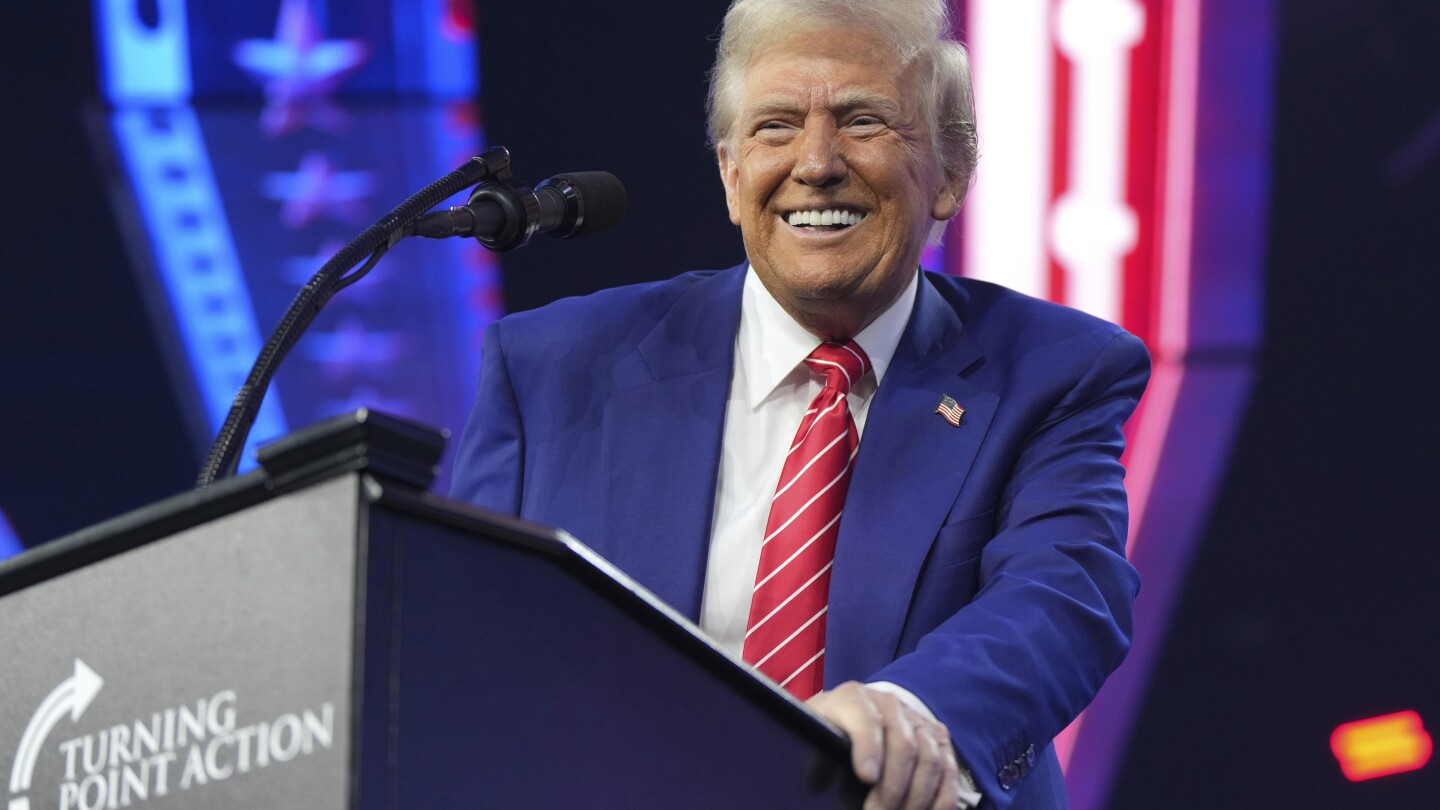Stock market crash: Indian markets declined for the 5th straight session on Wednesday, November 13 on the back of weak global trends, a rise in the dollar index, a weakening rupee and continuous foreign investor selling. The Sensex fell 1,015.53 points or 1.3 per cent to the day’s low of 77,659.65 while the broader Nifty lost 338 points or 1.4 per cent to its intra-day low of 23,545.50.
Both benchmarks are over 10 per cent away from their respective record highs, hit in September. Just in these five sessions alone, the indices have lost almost 4 per cent.
Sensex settled 984.23 points lower at 77,690.95 while the broader Nifty ended 324.4 points lower at 23,559.05
Broader markets underperformed the benchmarks with the Nifty Midcap and Nifty Smallcap indices declining over 2.5 per cent each.
“The Trump victory has added an element of high volatility to markets. From the emerging market perspective, the rise in the dollar index and the sharp spike in the US 10-year bond yield to 4.42% are causes of concern. Such high yields in US bonds will facilitate more outflows from emerging markets to the US. This will continue to be a headwind for India,” explained V K Vijayakumar, Chief Investment Strategist, Geojit Financial Services.
Investors should be cautious in investing in sectors like cement, metals and petroleum refining which are facing a growth slowdown, said Vijayakumar. Safety is in sectors like banking, new-age digital companies, hotels, pharma and IT where growth prospects are good, he advised.
Sectors and stocks
In the Sensex pack, only four stocks were in the green – Tata Motors, NTPC, Asian Paints and Infosys- while the remaining 26 traded in the red. M&M, Tata Steel, Adani Ports, JSW Steel, and IndusInd Bank were the top losers.
All sectoral indices were in the red for the day. Nifty Realty shed the most 3.2 per cent followed by Nifty PSU 3 Bank, which lost 2.2 per cent and Nifty Metal, down 2.66 per cent. Meanwhile, Nifty Bank, Nifty Auto, and Nifty Media also fell over 2 per cent each. Nifty Financial Services, Nifty Pharma, and Nifty Oil and Gas also declined between over 1.5 per cent each. Nifty IT an Nifty FMCG fell the least, down 0.5 per cent each.
4 reasons behind recent stock market crash
Here are four reasons behind the stock market crash:
Rupee Weakens: The rupee depreciated by 1 paisa, reaching a historic low of 84.40 against the US dollar in early trading on Wednesday. Persistent foreign fund outflows and a strong dollar weighed on the local currency. Forex traders observed significant volatility in the USDINR pair, with the rupee edging closer to its all-time low. An SBI research report released earlier this week predicts that the rupee could depreciate by 8-10% against the US dollar amid Donald Trump’s return to the White House
Dollar Surges: The dollar index surged by 1.8% in November, following the impact of Donald Trump’s victory in the U.S. election. It reached 105.98, the highest level since July, exerting pressure on emerging market currencies. The rise in the dollar index and the sharp spike in US 10-year bond yields to 4.42% are a cause of concern as high yields in U.S. bonds are likely to drive further outflows from emerging markets to the U.S.
Continued FPI Selling: Foreign Portfolio Investors (FPIs) continued their selling spree for the 32nd consecutive session, offloading shares worth ₹364.35 crore on Tuesday, bringing total outflows for November to ₹23,911 crore. October saw a major exodus of ₹1.14 lakh crore worth of Indian stocks, as concerns over extreme valuations, slower-than-expected earnings, and weak economic indicators dampened investor sentiment. Meanwhile, China’s recent stimulus measures are attracting foreign investors, shifting their focus from Indian markets to Chinese stocks.
Concerns Over Delay in Rate Cuts: While central banks globally, including the US Federal Reserve, have begun reducing interest rates, the Reserve Bank of India (RBI) has kept rates unchanged. Inflation remains a key concern, with rising food prices due to the extended monsoon and crop damage. The rupee’s depreciation further exacerbates the situation, increasing import costs and potentially driving inflation higher. October’s inflation data, released on Tuesday, showed a 6.21% rise in retail inflation, breaching the RBI’s upper tolerance limit of 6% for the first time in over a year.
Expert Views
Vinod Nair, Head of Research, Geojit Financial Services
Relentless selling by FIIs amid weak corporate earnings and a sharp surge in domestic inflation to a 14-month high have further impacted investor sentiment, dashing hopes for a near-term rate cut by the RBI. Mid and small-cap stocks were the worst hit, while the Financials and Auto sectors also showed significant weakness. This trend is mirrored across all emerging markets, as markets are jittery about future US policy actions, including trade-related implications for the world economy, which is reflected in the strengthening US dollar and rising yields.
Vikram Kasat, Head – Advisory, PL Capital – Prabhudas Lilladher
“Today’s decline marked the indices’ fifth straight session of losses amid persistent selling pressure from foreign institutional investors (FIIs), with broader market sentiment hampered by a confluence of factors shaking investor confidence. The correction reflects investors’ growing caution amid rich valuations and macroeconomic uncertainties, with both Nifty and Sensex falling to their respective five-month lows today.
This latest downturn was intensified by sustained foreign investor outflows, disappointing corporate earnings, and rising inflation. Since late September, foreign investors have withdrawn approximately $14 billion from Indian equities Corporate earnings have also failed to reassure markets, with several companies reporting their weakest quarterly performances in over four years. Adding to the strain, October’s retail inflation reached a 14-month high of 6.21 percent, dampening hopes of an interest rate cut by the Reserve Bank of India in the near future. Further, with today marking the end of weekly Bank Nifty derivatives contracts, traders are expected to be unwinding positions, possibly weighing on banking stocks”
Asian Markets
Hong Kong slipped while China stocks were flat at midday on Wednesday in volatile trade, as investors continued to digest U.S. President-elect Donald Trump’s plans to appoint China hawks to key cabinet positions.
Hong Kong’s Hang Seng benchmark fell 0.6% by the noon break to a seven-week low. China’s blue-chip CSI 300 edged up 0.1% after losing as much as 0.6%, and the Shanghai Composite was little changed.
52-week high and lows
No stock in the Nifty or Nifty 500 index hit 52-week highs in trade today. Meanwhile, Asian Paints was the only Nifty stock at its year-low. In the Nifty500 index, CreditAccess Grameen, Akun Drugs, Trident, Birla Corp, RBL Bank, Zee, Equitas Small Financial Bank, Tata Tech, Tata Elxsi, Vodafone Idea, GNFC, Delhivery, and Bandhan Bank were some of the stocks in the Nifty500 index that hit their year-low.
Disclaimer: The views and recommendations made above are those of individual analysts or broking companies, and not of Mint. We advise investors to check with certified experts before taking any investment decisions.
Catch all the Business News , Market News , Breaking News Events and Latest News Updates on Live Mint. Download The Mint News App to get Daily Market Updates.
MoreLess

















